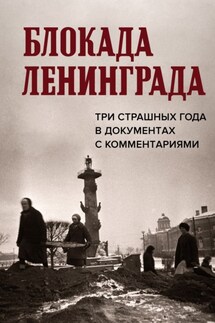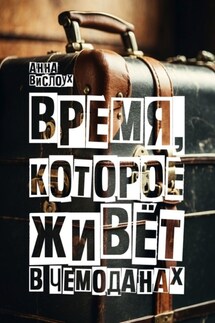Solar Wind. Book one - страница 8
Marcus’s great-grandfather Regin told him that one of the famous Roman generals, the winner of Hannibal Scipio Africanus with his cohorts, stayed on Caelian Hill. Here he marched triumphant, proud of his victories in the glory of Rome, dragged after the carts with gold and prisoners of the captured lands. Great-grandfather tried to instill in Marcus a deep pride for Rome, and what best makes one proud than the victory of ancestors?
Oh, this hill of Caelian Marcus would always remember.
Much connected him to this hill. Here, in his parents' villa, he grew up under the care of his mother. Father, Annius Verus, after whom Marcus took his name, died early, and he remembered him vaguely. Actually, there were only two fragments of memories remaining; the father in iron armor and purple cloak beside his mother, holding her hand, and the second…
Father walks in the garden near the villa. He's in a white toga. It is early morning and sunlight, like a waterfall flowing from a clear blue sky, completely fills the garden. From the humid ground slowly rises the milky mist, absorbing brown trunks, green branches, leaves and gradually concealing the father. His white toga merges with white smoke, as if the figure of Marcus Annius Verus is removed deep into the garden. Marcus seems to see that he sees a colorful picture, which is filled with milk. It is as if the spirits of the garden seek to hide his father to spite him. The fog is stronger and higher. He sees his father’s waist, his chest, and his head, but then he completely disappears behind a dense shroud …
However, Marcus felt implicit gratitude to his parents for his masculinity, for the fact that he loved his mother, did not offend her. Perhaps that is why she did not marry, although the women of her circle, remaining widows, did not remain faithful to the dead for long. And some divorced their living husbands, remarrying three or four times. Such actions in Rome were not condemned, but rather were usual.
Here on the Caelian Hill, as his great-grandfather did not recognize the benefits of public school, Marcus's homeschooling began.
Music was taught to him by the Greek Citharode20 Andron, with whom Marcus also learned geometry. Musician-geometer, what could have been weirder? But amazing people often met a curious boy. Or maybe he saw the unusual in the fact that the others considered the matter ordinary?
And Marcus studied painting from another strange man, also a Greek, Diognetus.
“Keep your hand softer, don't strain the brush!” Marcus was taught. “Art is like nature, vague strokes replace clear lines, empty space filled with inner air. This is where the mystery is born. Look at the sculptures covered with toga, tables or cloaks. Behind the soft folds is human flesh, the living soul, though wrapped in marble. This secret of revival is incomprehensible and eternal, but we Greeks still prefer the naked body, with the beauty of which nothing can be compared.”
“Didn't the poet Lucian condemn the call?” Marcus, who studied Lucian's grammar satire, asked.
“Nudity does not hide anything, and this is its appeal,” Diognetus concluded.
Marcus looked at the Greek mentor, absorbed, listened, watched. Diognetus taught him a lot. He was not like the grammar teachers of Alexander of Cotiaeum or Titus Prokul. They forced their pupils to read literature, memorize passages from Latin and Greek authors, to make speeches published by them, and then to disassemble. For example, Marcus had to come up with the text of Cato's speech to the Senate. Or an obituary for the Spartan king Leonid, who died in battle with the Persians.






